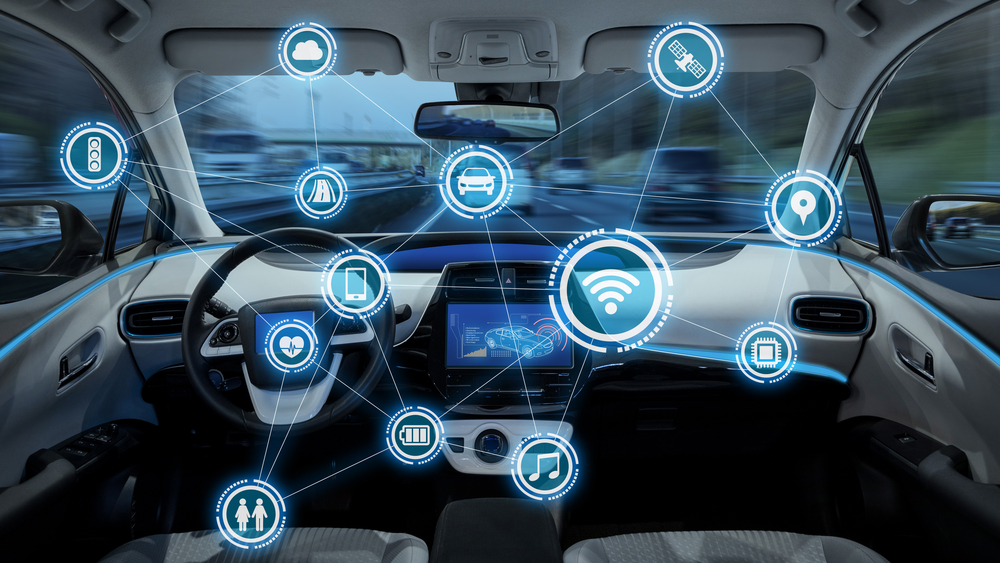
In the era of connected cars, new rules and guarantees are going to be necessary for drivers, according to experts speaking at the Washington Auto Show, which means guarantees of vehicle data access and choice for consumers.
Each year, education and advocacy initiative Your Car. Your Data. Your Choice said, vehicles get smarts and infused with more technologies constantly pumping out real-time, wireless transmission of information related to driving behavior, vehicle health, GPS location and maintenance and repair data. This means that manufacturers are gaining more access to consumers data than ever before. It is something that the organization has labeled the next great privacy issue.
“Yes, we should absolutely, as consumers, have access to data we generate,” Sally Greenberg, executive director of the National Consumers League, said. “We should know if it’s sold, shared, collected – consumers want to know that. Eighty-six percent of consumers say they want control of their vehicle’s data. I am concerned that we not leave this in the hands of automakers.”
Not only could manufacturers potentially have access to this data, they could very well control it. That fact has pushed the Your Car. Your Data. Your Choice. initiative and for the policy experts at the panel to call for establishment of The Driver Bill of Rights, a list of drivers’ rights surrounding the data their vehicles collect, like the right to transparency, the right to choose what data is collected, and the right to share repair and maintenance data.
“If you don’t have a meaningful ability to say ‘no,’ then don’t attach the word consent to it as it’s not real consent,” Joseph Jerome, policy counsel for the Privacy & Data Project at the Center for Democracy & Technology, said. “As we’re seeing in the car space, people are concerned. When people say ‘no’ they don’t have options other than ripping stuff from their car.”
Beyond the nature of the data collection itself, the panel also addressed federal and state policy proposals needed to move forward., as well as some underway currently — like the California Consumer Privacy Act or the European Union’s General Data Protection Regulation.